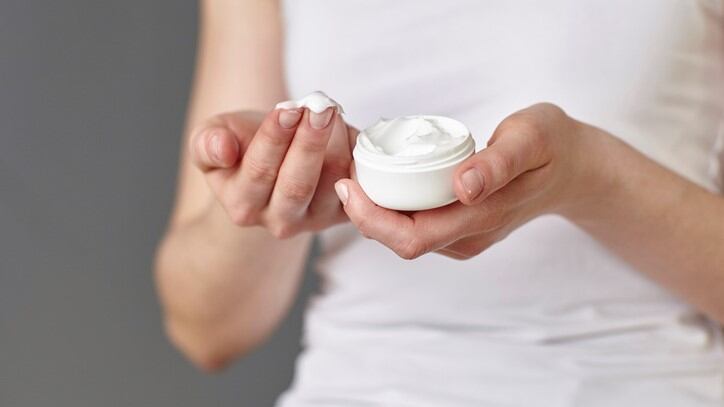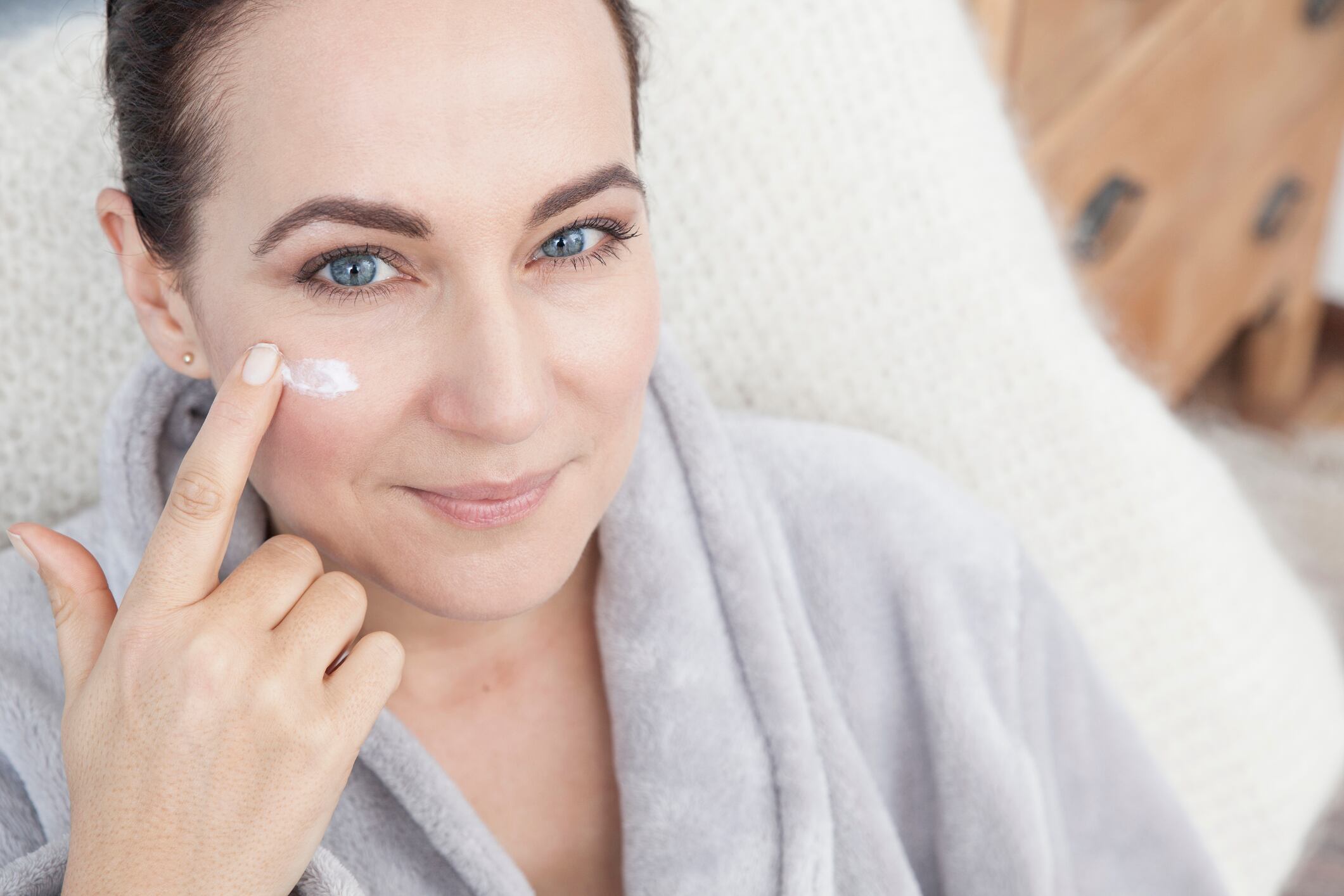The demand for personalisation in the beauty and personal care space to driving the company to partner with companies and provide microbiome testing for the end consumer.
“What we’re mostly doing is the testing for the companies, but we're also starting to partner with companies who want to offer testing to their own clients, so that they can offer personalised solutions to them, like a direct-to-consumer approach,” said Marya Sheikh-Ahmed, senior marketing strategist, SequentialBio.
By providing this service, the company is trying to solve a huge pain point among consumers and the industry – waste.
Elaborating, Sheikh-Ahmed said that helping consumers better understand their skin can help them buy the right products instead of doing endless experiments that will potentially create a lot of waste in the industry.
“The emphasis is more on personalised solutions for the end consumer. The idea really is to get people to understand what their skin concerns are before they start looking for products. If not, it’s just a waste to be buying products here and there, trying and trashing. What we're trying to do is make it so that people understand what their skin needs before they start purchasing their products. And that's something that we're trying to really push.”
End-to-end microbiome solution
The company previously launched a direct-to-consumer (D2C) at-home patch testing kit in 2019 under the Sequential Skin brand.
However, the company has been focused on its B2B business since March 2022. It rolled out a B2B service offering in vivo microbiome testing. The end-to-end service offers tests for various applications such as skin, scalp, oral and women’s intimate care.
The Singapore-UK company helps the company design the study, carry it out and provides a detailed analysis upon completion. Products that are proven to be microbiome friendly will also receive Sequential Bio’s Maintaining the Microbiome certification.
“Companies can come to us when it comes to figuring out their claims, formulations and everything else. For instance, if there’s a need to make tweaks to the formulation, or if we perceive that the formulation is not likely to pass testing, we can give advice for that as well,” explained Sheikh-Ahmed.
“We've got a database of over 4000 ingredients, and we've collected over 12,000 samples over the past few years. And from that we're able to understand what kind of ingredients could be used for within a formulation to amplify to make it better.”





